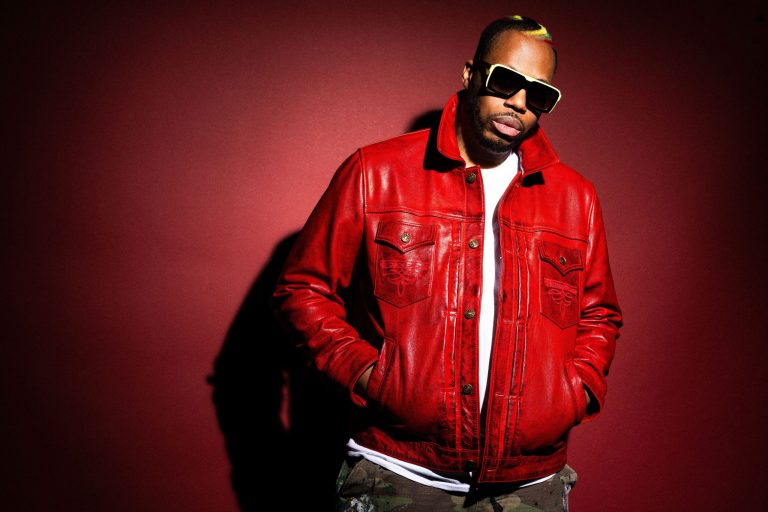I had the privilege of witnessing a truly memorable celebration of Caribbean excellence last night at the University of the West Indies’ annual Toronto Benefit Gala. The event, now in its 15th year, transformed the Ritz-Carlton into a vibrant showcase of diaspora achievement, with Canadian hip-hop icon Kardinal Offishall receiving the prestigious Luminary Award.
The atmosphere buzzed with anticipation as Kardinal, born Jason Harrow in Toronto to Jamaican parents, took the stage. “This recognition feels different,” he told me during our brief conversation. “Having my work acknowledged by an institution that’s shaped so many Caribbean minds means everything.” His genuine humility struck me – a quality that’s remained constant throughout his meteoric rise from Jane-Finch to global stardom.
The gala, which raises funds for scholarships for Caribbean students, featured performances celebrating the region’s rich cultural tapestry. I observed Toronto Mayor Olivia Chow among the attendees, underscoring the event’s significance to our city’s identity as a multicultural hub.
“Kardinal represents the perfect bridge between Caribbean heritage and Canadian innovation,” explained Dr. Patricia Rodney, Chair of the UWI Toronto Benefit Gala. “His contributions extend far beyond music into community building and youth mentorship.”
Indeed, while most know Kardinal for hits like “Bakardi Slang” and collaborations with Akon on “Dangerous,” his impact on Toronto’s cultural landscape runs deeper. As Universal Music Canada’s Senior Vice President of A&R, he’s created pathways for emerging Canadian talent while remaining deeply connected to his Caribbean roots.
Fellow honoree Denham Jolly, founder of Flow 93.5 FM, Toronto’s first Black-owned radio station, shared with me how Kardinal helped legitimize Canadian urban music. “He refused to compromise his identity, incorporating Jamaican patois and references to Toronto neighborhoods when everyone said it wouldn’t sell,” Jolly remarked.
Statistics from the University of the West Indies indicate the Toronto gala has raised over $2.5 million for scholarships since its inception. According to Tourism Toronto, cultural events celebrating Caribbean heritage generate approximately $30 million annually for our local economy.
The evening reminded me of my first encounter with Kardinal’s music in the early 2000s. As a young journalist covering Toronto’s emerging music scene, I witnessed how his unapologetic embrace of both his Canadian and Caribbean identities helped reshape our city’s cultural narrative. Two decades later, the impact of that representation continues to resonate.
“Toronto wouldn’t be Toronto without Caribbean influence,” city councillor Michael Thompson told attendees. “From food to music to business, the diaspora has shaped our identity in profound ways.”
The gala also honored several other luminaries, including Dr. Upton Allen of SickKids Hospital and entrepreneur Brigette Bagnato. Each exemplified the extraordinary contributions of Caribbean-Canadians to our national fabric.
Walking home along Front Street after the event, I found myself reflecting on how Toronto’s Caribbean community has transformed our city. From Kensington Market to Eglinton West, these cultural influences have created the diverse, dynamic Toronto we now take for granted.
For Kardinal, this honor represents more than personal achievement. “My parents came here with nothing but hope,” he shared during his acceptance speech. “This award belongs to them and to every immigrant who believed Toronto could be home.”
The University of the West Indies, established in 1948, remains a crucial institution for Caribbean development, with alumni including Nobel laureates, prime ministers, and global leaders across various fields.
As Toronto continues evolving as a global city, celebrations like the UWI Gala remind us how cultural diversity drives our collective success. Kardinal’s journey from local talent to international ambassador exemplifies the possibilities created when communities preserve their heritage while embracing new identities.
The evening ended with Kardinal performing an impromptu verse, his distinctive voice filling the ballroom with energy that felt simultaneously nostalgic and forward-looking – much like Toronto itself.







